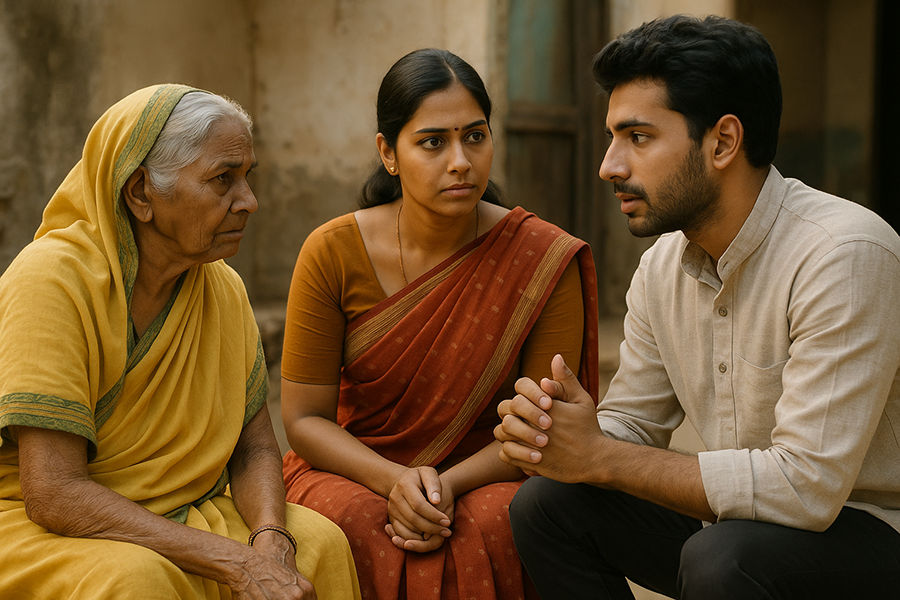The Indian School of Development Management celebrated the third edition of Development Management Week between January 28 and February 1, 2021.
The annual flagship event, that begins after celebrations of ISDM’s birth on February 27 and culminates in Development Management Day on February 1 every year, was instituted by ISDM as part of its endeavour to create a vibrant ecosystem for Development Management. The event is meant to provide creative spaces for various stakeholders to come together to discuss, debate and ideate on this idea and develop a common vocabulary on development management and creating social impact at scale.
The theme for this year’s Development Management Week was Re-imagining the new normal with Development Management. There couldn’t have been a time better than this year to consolidate ISDM’s efforts to build the domain of Development Management to enable the development ecosystem to deal with and respond to the post-pandemic scenario.
The coronavirus pandemic has impacted life and various elements of the world we live in. The world, during and post-pandemic, will see and experience a plethora of things that will change and redefine ‘normal’ for almost all of us.
Re-imagining the new normal will require focussed attention on a multitude of issues. It requires thought towards understanding how the collective forces of Samaj, Sarkar and Bazaar (Market, Society and Governance) can create a new imagination and include the underlying principles of sustainable development goals. Social-economic-political structures that build on principles of equity rather than accumulation; co-creation rather than competition or at best partnerships; compassion rather than indifference. The clarion call from this present episteme is to shift the narrative of human centeredness to regenerative ecological integrity that allows for humans and the planet to thrive.
The Development Management week 2021 allowed us space to explore the contours of these shared visions and pathways as we embark on the journey to define how the practice of Development Management will unfold in the post-COVID world.
The week commenced with the virtual version of the flagship speakers’ event titled, Dialogues on Development Management, envisioned as a series of conversations with eminent practitioners, academicians, innovators, Corporate Social Responsibility executives, on topics relevant to Development Management.
This year, our galaxy of guest speakers included Ms Geeta Goel, Country Director, Michael and Susan Dell Foundation, actor, filmmaker and social advocate Ms Nandita Das, Professor Pradeep Chintagunta, Academic, Faculty Member, Booth School of Business, University of Chicago and Mr Shridhar Venkat, CEO Akshaya Patra Foundation. The event culminated in celebrating Development Management Day on February 1, 2021.
On Development Management Day, the Keynote Address (Link) was delivered by Shri Amarjeet Sinha, (IAS retd) and Advisor to the Prime Minister’s Office. Shri Sinha emphasised on the need for developing social capital and highlighted the role played by women’s self-help groups in tackling the impact of COVID 19 in remote and rural pockets of the country. Watch the video here.
The institution also released a report Emerging Challenges in the post-COVID Contextin collaboration with IIMPACT that works for the education of girls in socially marginalised and disempowered communities.




